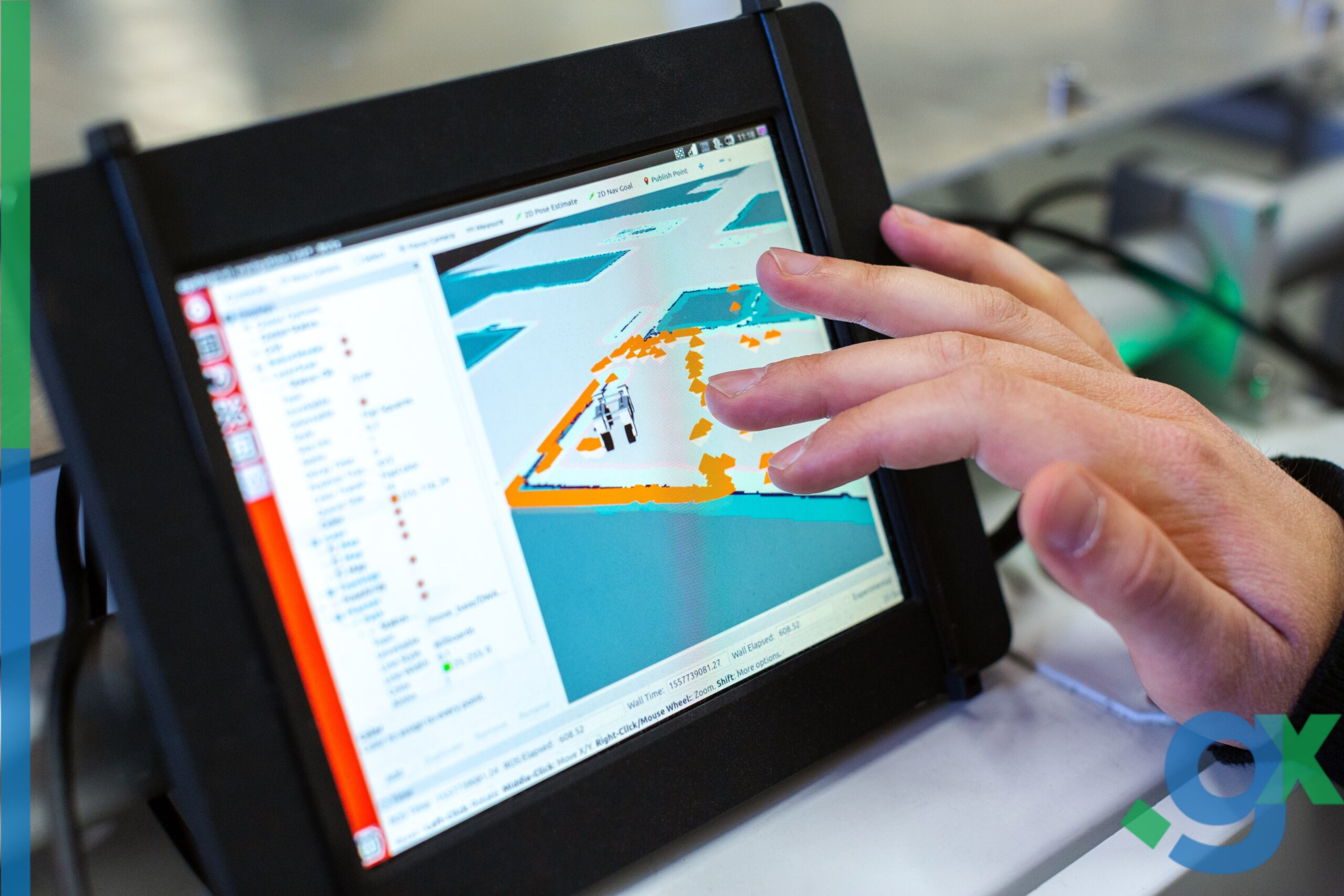Introduction
In this blog we will look at Key features of CRM software: customer data management, sales automation, marketing automation, and customer service.In today’s digital world, Customer Relationship Management (CRM) software has become an essential tool for businesses of all sizes. CRM software provides businesses with the tools they need to manage customer data, automate sales and marketing processes, and provide top-notch customer service. In this blog, we will discuss four key features of CRM software: customer data management, sales automation, marketing automation, and customer service.
Customer Data Management
One of the primary functions of CRM software is to provide businesses with a centralized database for managing customer data. This data can include everything from basic contact information like name, address, and email to more advanced information like purchase history, transaction details, and customer preferences.
With customer data management tools, businesses can easily track and monitor customer behavior and engagement, helping them make informed decisions about how to engage with their customers in the most effective way possible. This can include targeted marketing campaigns, personalized sales pitches, and tailored customer service interactions.
Some of the key features of customer data management in CRM software include:
- Contact management: CRM software provides a centralized location for storing and managing all customer contact information, including names, addresses, phone numbers, and email addresses.
- Account management: In addition to managing individual contacts, CRM software can also manage entire customer accounts, including information about multiple contacts associated with a particular company or organization.
- Sales pipeline management: With a CRM system, businesses can track the progress of sales opportunities and deals from initial contact through to closing.
- Reporting and analytics: CRM software provides businesses with powerful reporting and analytics tools to help them make informed decisions about their sales and marketing strategies based on customer data and engagement.
Sales Automation
Another key feature of CRM software is sales automation. This refers to the use of technology to automate repetitive tasks and processes associated with sales, freeing up sales teams to focus on more strategic tasks like relationship building and customer engagement.
Sales automation tools in CRM software can include:
- Lead management: CRM software can automatically track and manage leads, helping sales teams prioritize their efforts and focus on the most promising opportunities.
- Opportunity management: With a CRM system, sales teams can easily track and manage the progress of sales opportunities, including key milestones like meetings, proposals, and negotiations.
- Sales forecasting: CRM software provides powerful reporting and analytics tools that can help businesses forecast future sales and revenue based on historical data and trends.
- Sales process automation: CRM software can automate many of the repetitive tasks associated with the sales process, such as sending follow-up emails or scheduling appointments, helping sales teams be more efficient and productive.
Marketing Automation
In addition to sales automation, CRM software can also provide powerful tools for marketing automation. This includes the use of technology to automate repetitive marketing tasks, such as email campaigns and social media posts, allowing marketing teams to focus on more strategic initiatives.
Some key features of marketing automation in CRM software include:
- Email marketing: CRM software can automate email campaigns, including personalized messages based on customer data and engagement.
- Social media marketing: CRM software can automate social media posts, helping businesses maintain a consistent presence on social media platforms.
- Lead nurturing: CRM software can automate the process of nurturing leads, sending targeted messages and content based on customer behavior and engagement.
- Marketing analytics: CRM software provides powerful reporting and analytics tools that can help businesses measure the effectiveness of their marketing campaigns and make data-driven decisions about future initiatives.
conclusion
Finally, CRM software can also provide powerful tools for managing customer service interactions. This includes everything from ticketing and issue tracking to self-service portals and live chat functionality.
Read about our post on How to set up invoicing software for your business here.
Signup now for Free and enjoy unlimited Quotations & Invoices at www.blog.groflex.in




